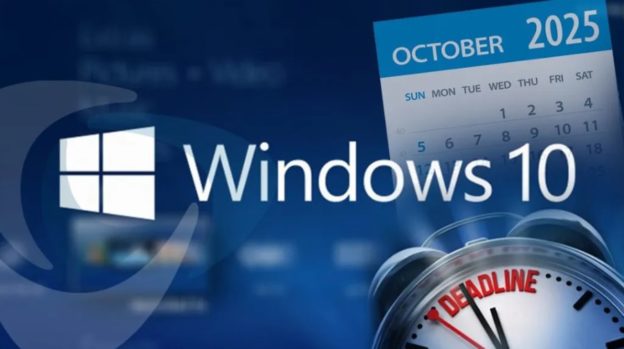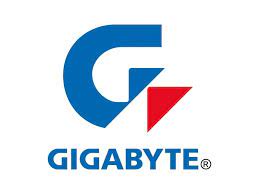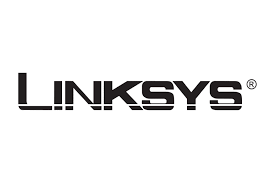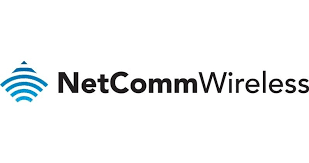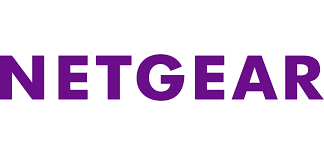The Cost Of Ransomware: Should You Pay The Ransom?
Ransomware attacks have been increasing over the past couple of years. Cybercriminals are also no longer only using the more traditional methods with these attacks but creating more serious threats. In fact, these attacks have escalated to the point where they have potentially caused death. In 2021, a baby was born with a severe brain injury. The baby later died. Reports state that the hospital was facing a serious ransomware attack at the time, which affected the treatment that was available to the newborn.
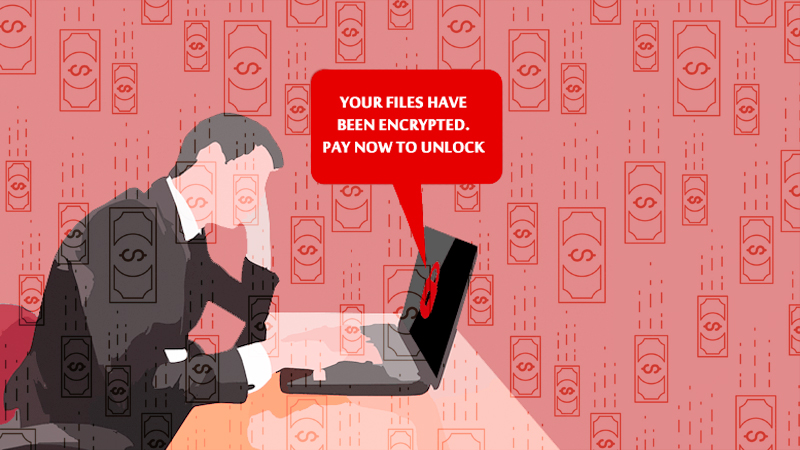
The Cost Of Ransomware Should You Pay The Ransom
This brings up the question – should you pay the ransom that cybercriminals demand when hit by ransomware? Unfortunately, this question does not have a fixed yes or no answer, as it is quite complicated. We take a closer look at important facts that you should keep in mind when hit by this type of ransomware attack.
How To Decide Whether To Pay A Ransom
Many business owners faced with a ransomware attack agree that this is a particularly hard decision. Failure to pay the ransom may cause a significant loss. It may also expose the company’s confidential data and even leak information about its clientele. On the other hand, paying the ransom may not always work out as expected.
One of the major problems here is that paying the ransom does not always guarantee you will get your data back. One report said that as many as 32,000 MongoDB installations have been affected by ransomware attacks in recent years. Those individuals who decided to pay the ransom fee never got the stolen data. This means these businesses had even greater losses, losing data and paying a ransom.
When you do find yourself in this type of situation, it is important to assess the case carefully before you proceed. Consider the ransom note that was left and the data that the cybercriminals were able to access. You need to determine the value that the data has and compare this to the ransom requested by the cybercriminals. Additionally, you also need to consider the morale of the situation – when you pay the ransom; you essentially help the cybercriminals improve their operations and promote an economy for ransomware attacks.
When You Decide To Pay The Ransom
There are times when the risk is too great, in which case you decide to pay the ransom. This can help to prevent the exposure of internal files related to your business, employees, and clients. If you need to pay the ransom and have no other outcome or solution, then it is important to follow a set of steps. This can help to provide a smoother operation and reduce the risk of problems during the negotiation and data recovery process.
The best solution in this scenario is to approach a ransom negotiator. These are cybersecurity professionals who have worked on several cases of ransom payments in the past. They will often be able to help negotiate the best terms with the cybercriminals before you decide to make the payment. Additionally, a ransom negotiator will also have resources available to them – this can help to secure funds in a specific cryptocurrency that the cybercriminals are demanding before they are willing to release your data.
Another major benefit of a ransom negotiator is the fact that they can often spot issues with the entire ransomware attack. The experience that these professionals have can help them identify a false ransom request. This could be the case when a cybercriminal encrypted your database and stole your data but then moved on to the next project. Another cybercriminal group picks up on this and decides to change the ransom note that was left on your server with details related to their operation.
When you pay a ransom, in this case, the group may provide you with an encryption key to gain back access to your data, but these keys are broken and will not work. This is because this new group does not have access to the encryption keys that were initially used.
Another example is when the initial attack wipes your database. This means the data no longer exists. If you pay the ransom, there is no data to be restored, as the cybercriminal group deleted everything – you’ll still need to rebuild the database and manually enter back the data you lost (if you have it on hand) even if you do pay the ransom fee.
Avoiding A Future Attack
Those who decide to pay a ransom put themselves in a difficult situation. Sometimes, there really is no way around this. You may end up spending more on recovery than what the cybercriminals demanded. The City of Atlanta was attacked with ransomware in 2018. The cyber criminals demanded a ransom of around $50,000. The city’s government rejected the ransom but had to do crisis PR and consulting to recover from the attack. This led to a spending of over $2 million.
When you do pay the ransom, it is important to note that you are likely going to be a target again in the future. It has been shown that those companies who pay a ransom have a high risk of being a target of ransomware again in the future. Once cybercriminals notice that you pay the ransom, they might think of your company as an easy payday for themselves.
This can be prevented, however. The fact that you were hit with a ransomware attack means there is a hole in your cybersecurity system. Once you pay the ransom and recover your data, it is crucial to take a closer look at the security systems that you have in place. It is also a good idea to consult with a cybersecurity expert. They can investigate your current security system and even help you identify the hole that allowed the ransomware attack to happen. By strengthening your security systems, you can ensure your servers have greater resilience to ransomware attacks that may be executed against you in the future.
You also need to look at cybersecurity insurance products at this point, especially if you do not have one in place already. A cybersecurity insurance can help to provide protection in cases where you are affected by ransomware. The policy is unlikely to provide full coverage for the ransom fees demanded in these events, but they may cover a part of it and provide you access to helpful services in your time of need. This may include access to a ransom negotiator in order to help you through the process of determining whether or not to pay, as well as to handle the actual transaction.
Conclusion
When faced with a ransomware attack and a demand to pay to receive encryption keys for your own files, you may not know what to do. There are some situations where paying the ransom is the only option you have, but this is not always the case. Should you decide to pay the ransom, speak to a ransom negotiator who is experienced in dealing with these transactions. This can help to ensure you make an informed decision and can reduce your risk of further damage.
References
- https://www.nbcnews.com/news/baby-died-due-ransomware-attack-hospital-suit-claims-rcna2465
- https://www.infoworld.com/article/3156573/pay-the-ransom-you-wont-get-your-data-back.html
- https://www.newyorker.com/magazine/2021/06/07/how-to-negotiate-with-ransomware-hackers
Written by The Original PC Doctor on 15/12/2022.










